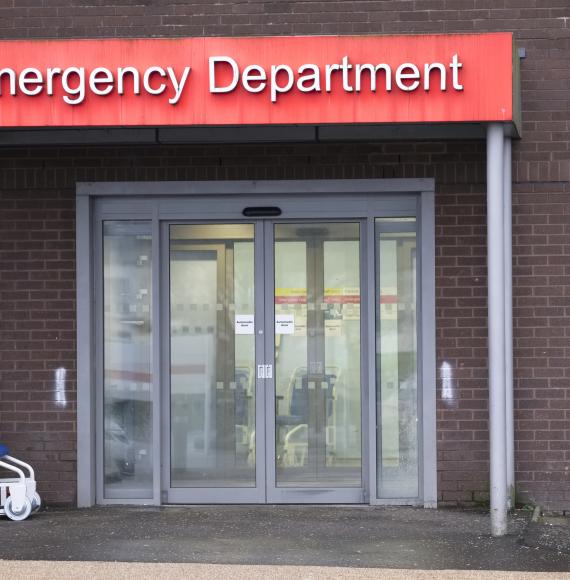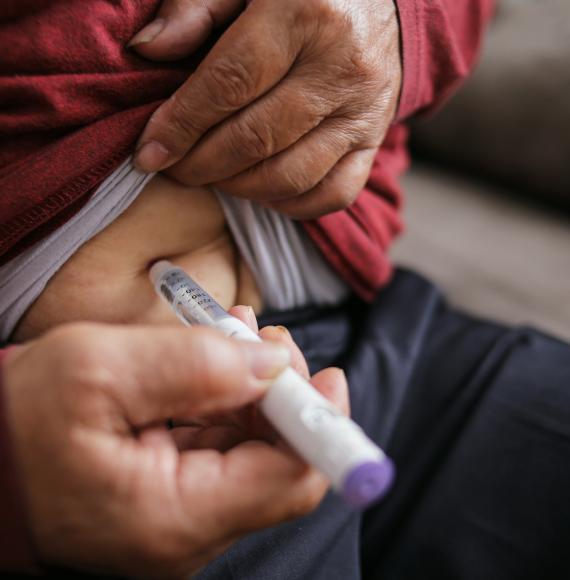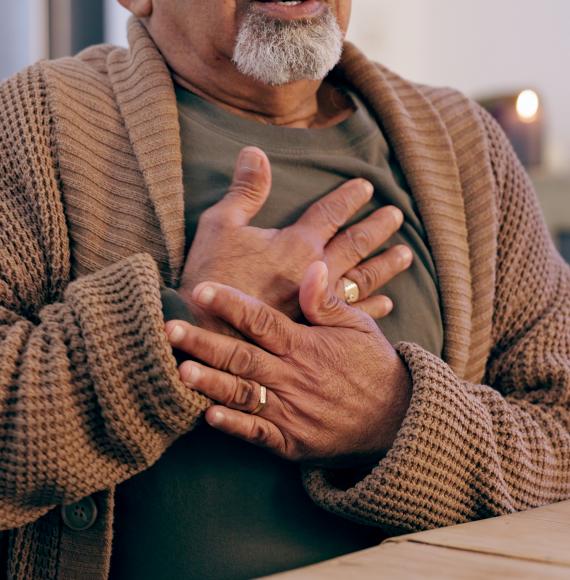Judith Richardson, Acting Director for Health and Social Care, NICE
Around half a million people die in England each year. With an ageing population, the annual number of deaths is projected to increase. In addition, the Covid-19 pandemic has led to an increase in the excess death rate. It is important that we identify effective, supportive, and palliative care needs throughout the last phase of life to ensure that people live well until they die and to offer support to those close to the dying person.
The latest NICE impact report highlights where NICE guidance and standards have contributed to improvements in end of life care for adults. Our recommendations say that people approaching the end of life should be identified in a timely and effective way. This will allow people, and those important to them, to make decisions about their care and help health and social care providers ensure that people’s priorities are recognised and, where possible, met.
One area that the impact report discusses is the importance of identifying those with conditions that are life limiting and therefore allowing for effective planning for end of life care. The Care Quality Commission’s (CQC) end of life care review found that certain conditions, such as dementia, are not always recognised as life limiting because providers and commissioners do not always understand or fully consider people’s specific needs. People approaching the end of their life are therefore often only identified at a late stage of dementia.
NICE’s quality standard on end of life care for adults says that the opportunity to develop a personalised care plan, which may include an advance care plan, should be part of a comprehensive holistic assessment for people approaching the end of life. Advance care plans involve people making decisions about their future care with the help of health and social care practitioners.
It is important to note that the National Audit of Care at the End of Life found that there has been an increase in advance care plans, but the latest audit still shows that 9 out of 10 people did not have one on arrival at their final hospital admission. Around half of people in their final hospital admission lacked capacity to make decisions about their care and may have benefited from an advance care plan. A survey by the Motor Neurone Disease (MND) Association in 2019, observed that only 36% of people with MND were given the chance to make an advance care plan and less than half had the opportunity to discuss end of life issues. Improvements are still needed to ensure that people approaching the end of life are involved in making decisions about their future care.
A significant achievement explored in the report is effective pain relief across different care settings. NICE’s quality standard on end of life care for adults says that people approaching the end of life should have their needs safely, effectively and appropriately met at any time of day or night, including access to medicines and equipment. However, the National Survey of Bereaved People (VOICES) shows that pain relief was generally more readily available to people dying of cancer compared with people who had other conditions, such as cardiovascular disease. This may be because hospice care is mostly provided to people who have cancer. The survey also showed that achievement of complete pain relief (all or some of the time) was the lowest where care was provided within a person’s own home compared to other care settings.
Another area of the report looks at the management of practical and emotional support for those caring for adults approaching the end of their life. According to the National Audit of Care at the End of Life there has been a slight increase in the proportion of people close to the dying person who felt they had enough practical support from staff, from almost 58% in 2018 to 62% in 2019. However, results of the National Survey of Bereaved People (VOICES) in 2015 showed that only 13% of people had the opportunity to talk to someone from health and social services or from a bereavement service about their feelings. Almost 21% said that they did not get an opportunity to talk to someone, but they would have liked to.
NICE’s guideline on end of life care for adults says that people managing and delivering services should prioritise the practical and emotional support available to carers of adults approaching the end of their life and review this when needed. In our quality standard on end of life care for adults we say that people closely affected by a death should be communicated with in a sensitive way and offered immediate and ongoing bereavement, emotional and spiritual support appropriate to their needs and preferences.
Near the end of a person’s life, we expect for them and those near to them to be provided with personalised care, support and effective planning of the highest quality. As the impact report shows, there are still areas that require improvement in community and hospital settings and our aim is that together we can achieve this important goal.



















